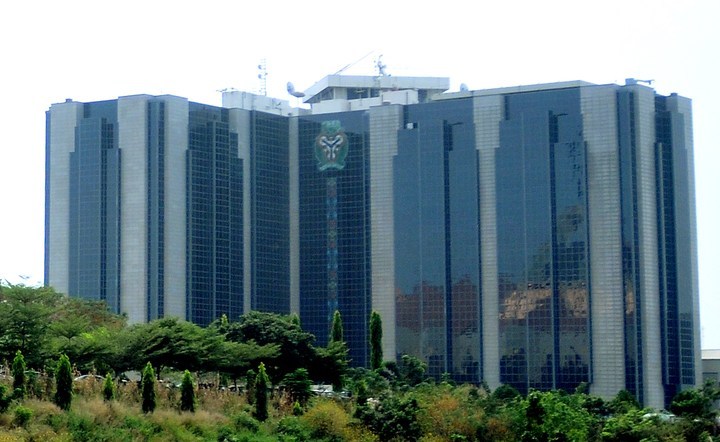The Association of Bureaux De Change Operators of Nigeria (ABCON) has been urged by the Apex Bank of Nigeria (CBN) to play stronger role in the bureaux de change industry by embracing self-regulation.

CBN Deputy Director, Other Financial Institutions Supervision Department, Mustafa Haruna, while speaking at the Inter-Governmental Action Group against Money Laundering in West Africa (GIABA) Mutual Evaluation Exercise Sensitisation workshop for South West Bureaux de Change (BDCs) in Lagos, said there was need for BDCs to ensure compliance with extant Anti-Money Laundering/Combating the Financing of Terrorism (AML/CFT) laws and regulations to mitigate the risks and vulnerabilities in the sub-sector.
He urged ABCON to develop and implement a Code of Conduct for members to promote ethical practices and transparency in the sector, while also continually advising the central bank on market intelligence on key industry issues.
lso speaking, ABCON President, Alhaji Aminu Gwadabe, said ABCON had consistently advised BDCs to implement, a system of internal policies, procedures and controls, including Know Your Customer, Customer Due Diligence and reporting of all suspicious transactions to regulators.
He said ABCON was also training BDCs on regular basis on the need to keep transaction records, and get a designated compliance officer that has day-to-day oversight over AML/ CFT programme.
He said the Compliance Officers have been taught rules in preparing Suspicious Transaction Reports (STRs), and rendering STRs’ returns to the Nigeria Financial Intelligence Unit (NFIU).
The ABCON boss said the group had over the years, established itself as a key player in the BDC industry, and has also made several commitments and sacrifices to ensure that the sector continues to thrive and its members follow global best practices in the retail of foreign exchange to end users.

He said BDCs have met and would continue to meet a number of compliance requirements specified by Financial Action Task Force (FATF) and local regulators. The operators, he added, have conducted enhanced due diligence, a major compliance requirement on some high-risk customers.
The collation and reporting of foreign currency transactions and suspicious transactions by BDCs are now fully automated, he insisted.
He said that ABCON had in February, launched its Live Run Automation Portal in Lagos.
The technology automates all BDC Operations with those of Nigeria Inter-Bank Settlement System (NIBSS), NFIU and the CBN to improve the level of compliance of the BDCs with set regulations.
The platform allows BDCs send their reports online real time, thereby removing the challenge of manual rendition of reports that has been confronting operators for decades. The project, according to him, enhanced the perception of BDCs in Nigeria, especially in the eyes of international investors.
Continuing, the CBN Director said the BDC sub-sector was a critical component of the Nigerian financial market, adding that the cash-based nature of the transactions and other identified deficiencies make it highly vulnerable to ML/TF risk.
He said: “Simply put, money laundering is the process of making dirty money look clean.
“It is the concealment of the true nature, source, location, disposition, movement, rights with respect to or ownership of property knowing that such property is derived from criminal offense.”
The CBN director said the ultimate goal of money laundering process was integration. “Once the funds are in the financial system and insulated through the layering stage, the integration stage is used to create the appearance of legality through additional transactions.”
Explaining how BDCs could be used to perpetrate money laundering, he said the operators could be used to transfer or remit funds, use of fronts or third parties to buy or sell forex, purchase of forex multiple times contrary to regulatory limits, bulk purchase or sale of forex and third party funding of BDCs’ weekly forex purchase through the CBN window.
According to him, there could also be huge unexplained transfer of funds into naira or domiciliary accounts of BDCs, multiple ownership of BDCs to mop up forex, huge forex purchase using naira cash and purchase of forex in exchange for jewelry or real estate to mention but a few.
He listed the red flags that BDCs should watch out for to include reluctance of customer to produce identity documents or BVN information, customers known as Politically Exposed Person, customer reluctant to discuss the nature of his/ her business and customer exhibits a lack of concern regarding transaction costs or willing to sell forex at ridiculously cheap rates.
SOURCE: This Day News














